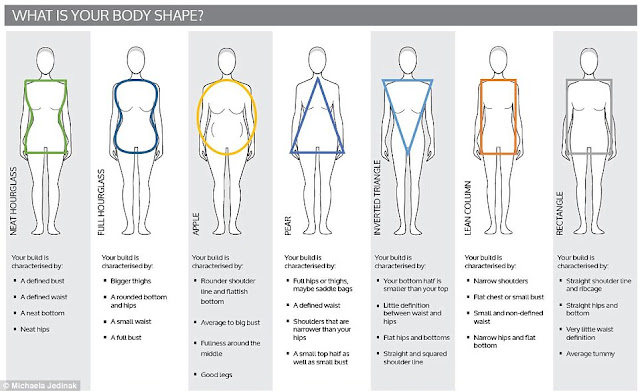How To Pick The Right Medicine For Allergy In Kids, Study Suggests
A new research by C.S. Mott Children’s Hospital, Michigan in USA has concluded that many parents struggle with choosing the right allergy medicine for their children. Dosing, labeling, and a seemingly endless array of options make right medicine picking more complicated, the research suggests.
Parents will be searching to ease their children’s symptoms:
With the summer season setting-in, and allergy kicks into high gear, many parents will be searching for ways to ease their children’s symptoms like sneezing, coughing and congestion. “Parents often face an overwhelming selection of allergy medicine without clear guidelines on how to choose the right one for their child,” says poll co-director and Mott pediatrician Gary Freed, M.D., M.P.H. “Some parents may be picking allergy medication based on their interpretation of different advice they’ve heard, which may not always be accurate.”
1 in every 5 parent not even checked expiry date
From across the country, the researcher Freed et al surveyed over 1,000 parents of children ages 6 to 12 and asked about their experiences with giving children over-the-counter allergy medicines. The study found that over half had given allergy medicine to their child in the past year. A whooping 85 percent of parents who had given their children allergy medication used a medicine that was already in their house, with 1 in every 5 not even checking the expiry date.
1 in every 7 gave allergy medicine labeled for adults
“It’s really important for parents to always check the expiration date before giving kids medicine,” Freed told CBS News. “It’s not dangerous for them to take it if it’s out of date. It just may not be as effective.” 21 percent of parents said they have a hard time figuring out the right dose of allergy medication to give to their kids, the study found. Furthermore, 1 in every 7 had given their child over-the-counter allergy medicine labeled for adults. A third of those using adult medications gave their child the recommended dose for adults.
What parents should do:
- Parents should be mindful of dosing, because doses greater than those recommended for children can result in more severe side effects.
- When choosing allergy medications for kids, reading the ingredients on the box and choosing a product that matches the child’s symptoms is important.
- For example Antihistamines help with runny nose and itchy eyes while decongestants help relieve a stuffy nose.
- In case of any question about allergy medication choices for their kids, their best bet is to consult their pediatrician.




Comments
Post a Comment